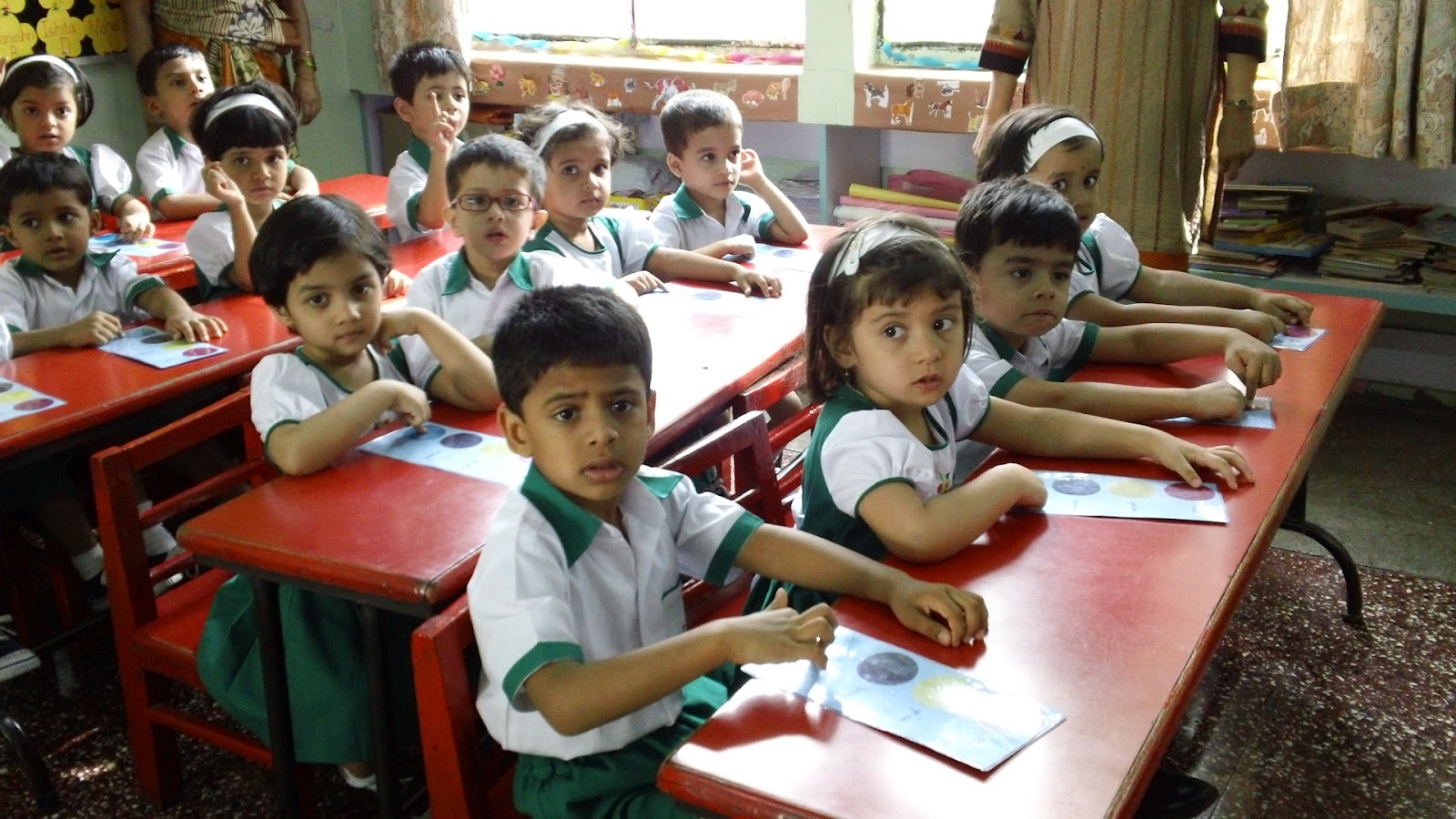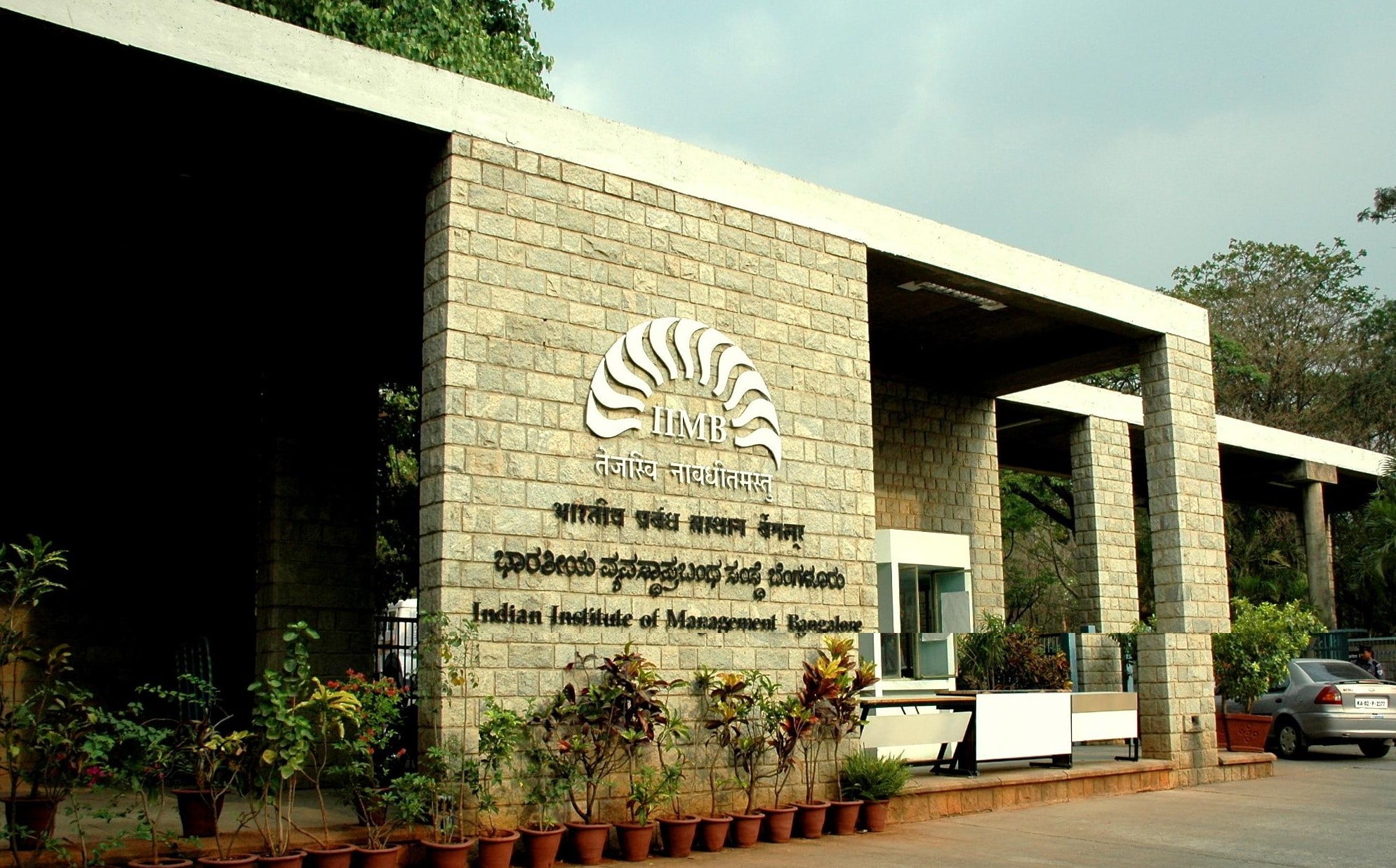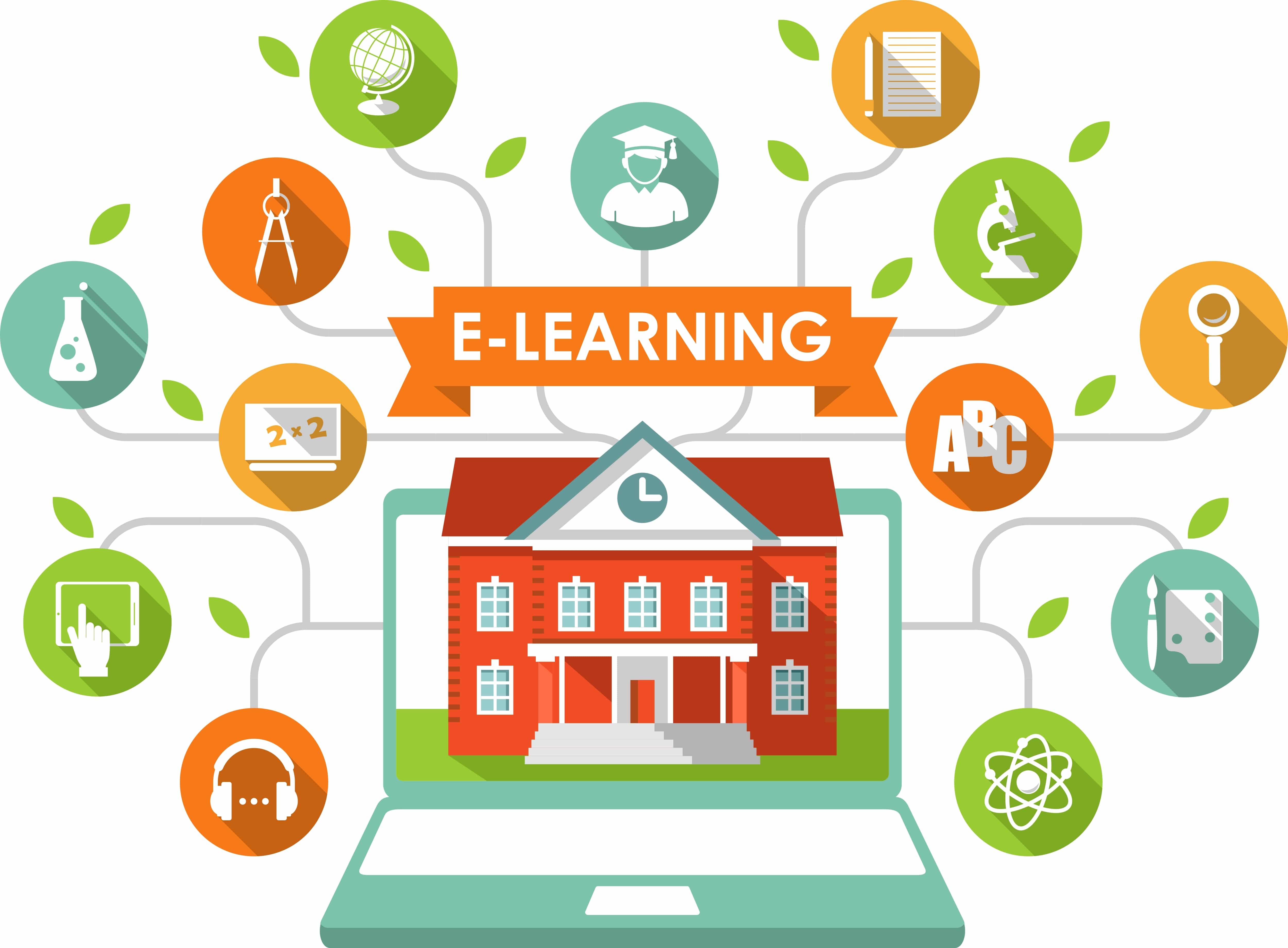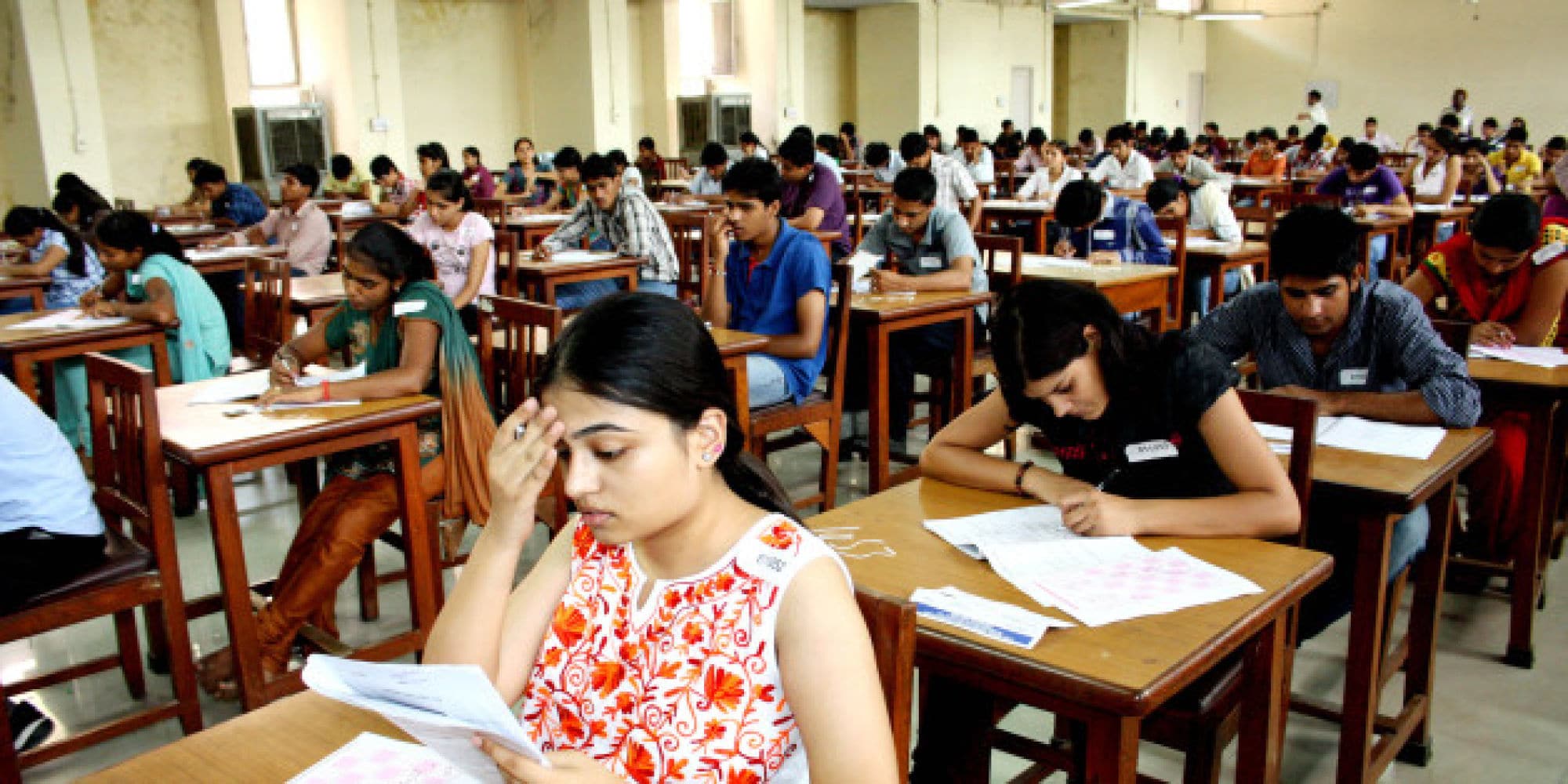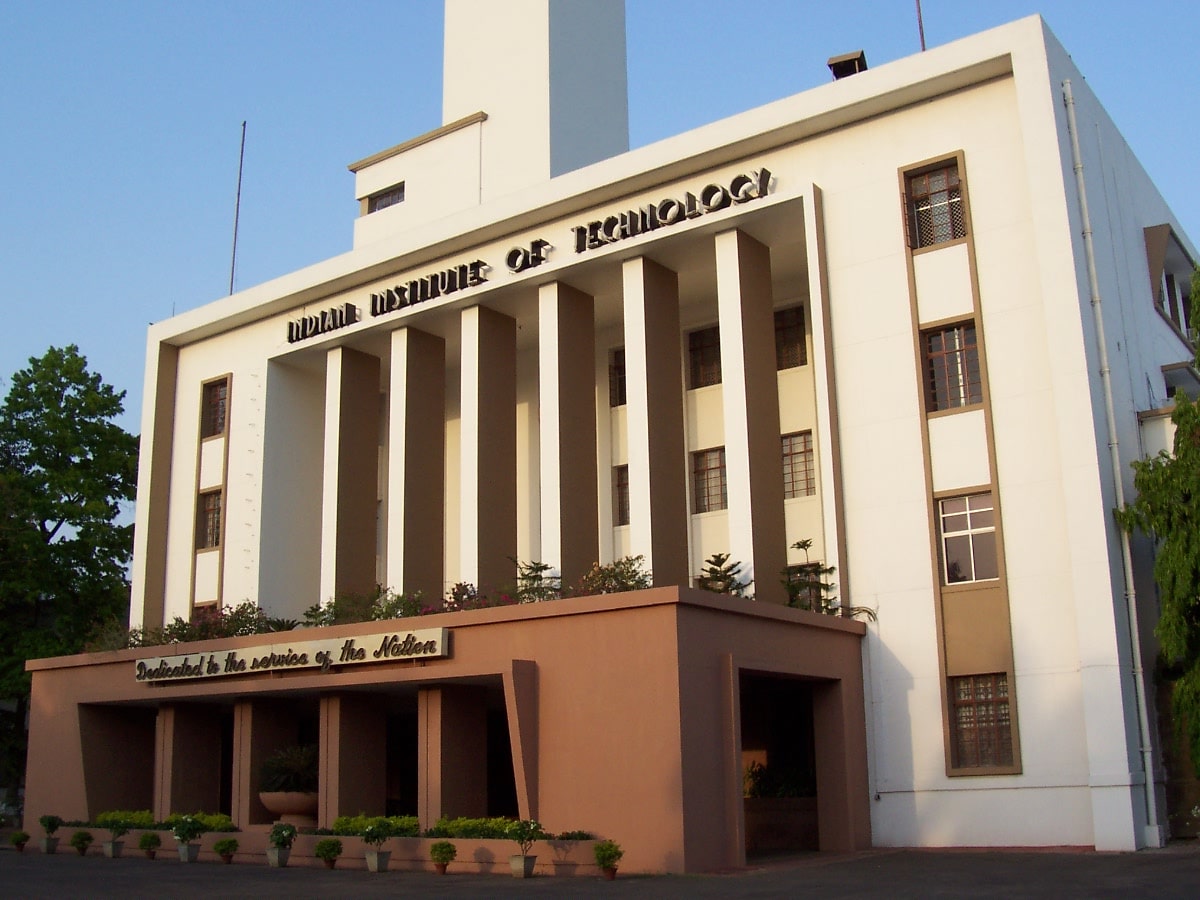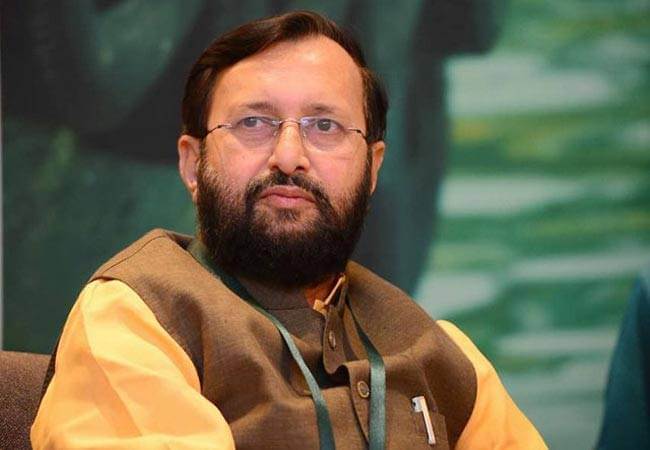EduGorilla is an online one stop education community that helps students in finding right Institute, answers to their queries, read reviews and download study material, says Rohit Manglik, CEO, EduGorilla, in an interview with Arpit Gupta of Elets News Network (ENN).
EduGorilla being one stop community for students has partnered with colleges, universities and corporate across the globe. How do you think, it will benefit the Indian learners?
 In 21st Century, growth cannot be measured in isolation but how well an entity can integrate with existing products. It’s the same case with EduGorilla, we are fostering a dialogue between stakeholders of Indian education landscape by bringing them on a common platform, them. We also offer a range of products that aid students to choose a career, college or course, they should pursue. Through our portal, learners will be able to get wide horizon of choices and can use their cognitive abilities to make informed decisions regarding their career.
In 21st Century, growth cannot be measured in isolation but how well an entity can integrate with existing products. It’s the same case with EduGorilla, we are fostering a dialogue between stakeholders of Indian education landscape by bringing them on a common platform, them. We also offer a range of products that aid students to choose a career, college or course, they should pursue. Through our portal, learners will be able to get wide horizon of choices and can use their cognitive abilities to make informed decisions regarding their career.
Which education segments do EduGorilla majorly focus on and what are your product offerings in these segments?
EduGorilla is a one-stop solution for students from Class six to PhD level. Our product offerings include:
- Free study material: EduGorilla currently offers around 30,000 free study materials for students preparing for entrance examinations (a total of 195) such as CAT, UPSC,CA,IIT JEE, GRE.
- Directory Listing: Over 56,000 coaching institutes across 52 cities of India are included in the directory listing which is the largest in India. It covers educational preparation centres almost at every corner of the country.
- Questions and Answers: EduGorilla hosts a diverse community of students, subject matter experts, professionals, counsellors, and faculty from Schools, Colleges and Universities. It helps individuals with their career needs and queries. A “Reputation” feature has been embedded so that those seeking answers to their career–related queries can be helped to decide with confidence.
- Articles: EduGorilla portal currently hosts over 5000 articles on various courses, coaching institutes, competitive examinations and trends in the educations sector to help students make informed decisions.
How the technology has a positive impact on education and how it can enhance the level of education in rural areas?
Though EdTech has only 1.8 per cent contribution in $100 billion worth of education sector in India, it is gradually expanding its wings and students are gradually adopting the trend. One of the major advantages of adoption of technology in education is that knowledge can be acquired on just a click of mouse even for a student belonging to remote areas of the country. e-learning creates extended classroom communities for discussions and virtual classrooms for interaction between students and teachers. The evolution of Very Small Aperture Terminal (VSAT) technology with its benefits such as competitive cost, multicast capability, universal coverage and low cost and simple installation, can play an instrumental role in bridging the education gap in rural areas. Technology can be used to enable e-learning which also ensures a unique personalised experience to all students. In a conventional education model, this is only possible when a highly skilled tutor offers one-to-one tutorials. Thus technology offers tremendous scope especially in underdeveloped and developing countries, as it has the potential to raise a level of education, literacy and economic development.
What are the challenges that EduGorilla faces when it comes to aligning modern day technology and meeting student expectations?
One of the major challenges faced by EduGorilla is the slow adaptability of technology by stakeholders in the education sector. Though stakeholders in the education sector are technology literate yet they are reluctant to adopt technology. Another challenge is to reach out to rural areas which are confronted with problems of erratic power supply and low internet penetration.
Digital India and Skill India are two most ambitious projects of the Government of India, what are your plans to skill the students and digitise the education system?
EduGorilla doesn’t skill the students directly but acts as a bridge between knowledge seekers and providers. We firmly believe that classroom and e-learning learning should complement each other rather than replace each other to improve the whole ecosystem.
What are EduGorilla’s plans for upcoming years in the education space?
Currently, we are working to launch a set of free psychometric tests on our portal. It will be a big change in the education sector as conventional players charge hefty amount for such offerings. In long–run, we foresee ourselves impacting the career of over 10 lakh students in India through our product offerings.










